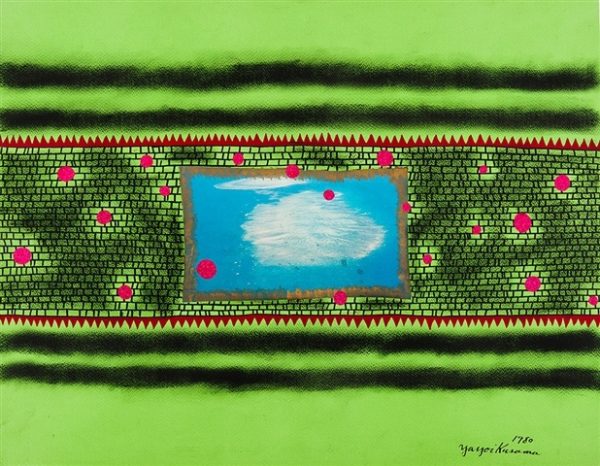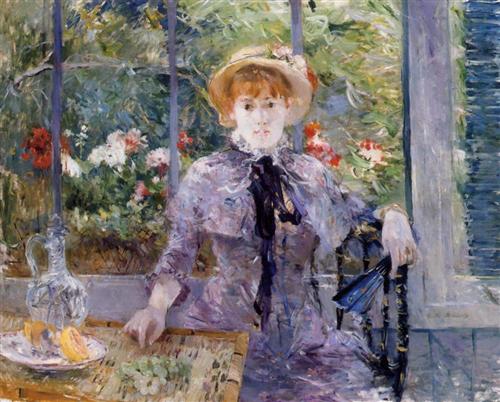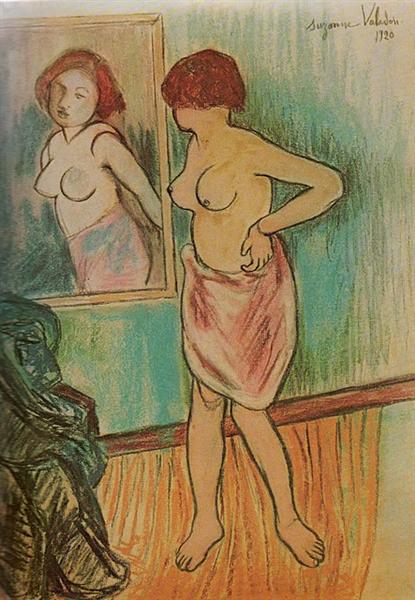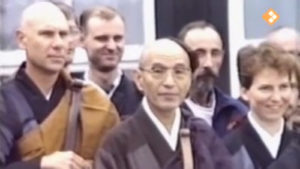“There’s nothing in sitting except maintaining awareness. Our ability to do that grows over time. You can call that progress if you want, but basically we are just returning to what we’ve alway been. There’s really nothing special about it. So any idea that there’s something special about sitting, that we have to get into some spiritual state, or some wonderful state, that’s not it.
As you’re sitting, if you really maintain awareness, which you probably won’t, but if you do, it feels so different from what we ordinarily do that we may think we’ve done something special, but we haven’t really.
I want to emphasize that sitting is not about shutting out your thoughts, its about seeing them as thoughts of no importance whatsoever. But I don’t know of anyone who doesn’t think his or her thoughts are of some importance, including me sometimes. We definitely don’t see our thoughts as little energy blips that for whatever reason are set off. (meer…)





